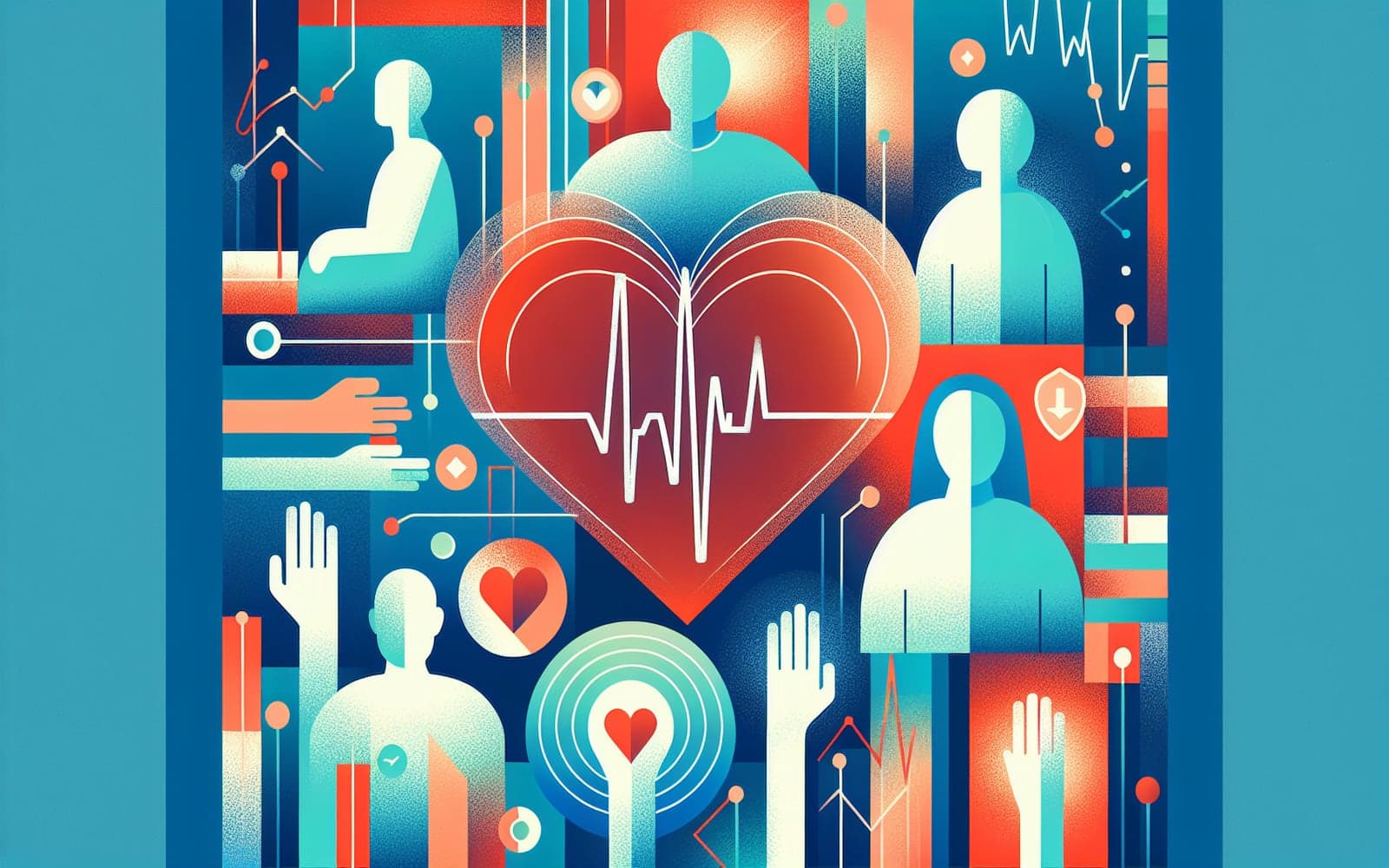The ECG Warning Signs You Can't Ignore: Hidden Heart Risks on Your Electrocardiogram
Published: Jan 03, 2024

Medically reviewed by Alan Lucks | MD, Alan Lucks MDPC Private Practice - New York on January 3rd, 2024.
Your heart's electrical activity could be sending warning signals without you even knowing it. Certain patterns on an electrocardiogram (ECG) can reveal hidden heart risks that shouldn't be ignored.
Contents
What's in an ECG?
An ECG records the electrical signals in your heart, creating a pattern of waves. Doctors can read these waves like a secret code, looking for clues about your heart's health. Certain abnormalities in this pattern, even if you feel fine, can indicate an increased risk of heart problems.
The Silent Warning Signs
Research shows that seemingly minor ECG changes can be significant. Things like ST depression, T-wave inversion, or signs of left ventricular hypertrophy might sound like medical jargon, but they're actually red flags. People with these ECG abnormalities have a 2 to 10 times higher risk of developing coronary heart disease compared to those with normal ECGs.

Who's at Risk?
These hidden risks aren't just for older adults. One study found that even in adults aged 70-79 without known heart disease, those with minor or major ECG abnormalities were significantly more likely to develop cardiovascular disease over the next eight years. It's like having a crystal ball that can peek into your heart's future.
Frequently Asked Questions
Yes, many ECG changes can be present without any noticeable symptoms.
Discuss with your doctor, but generally more frequently as you age or if you have risk factors.
Healthy habits like exercise and a good diet can positively impact your heart's electrical activity.
Not all, but many can indicate increased heart disease risk and should be evaluated.
Key Takeaways
Your ECG could be revealing crucial information about your heart health - make sure you're listening.
Concerned about your heart's electrical health? Consult with Doctronic, the AI doctor, to understand your ECG results and assess your cardiovascular risk.Related Articles
References
Auer R, et al. JAMA 2012; 307:1497-1505.
Daviglus ML, et al. JAMA 1999; 281:530-536.
This article has been reviewed for accuracy by one of the licensed medical doctors working for Doctronic. Always discuss health information with your healthcare provider.

